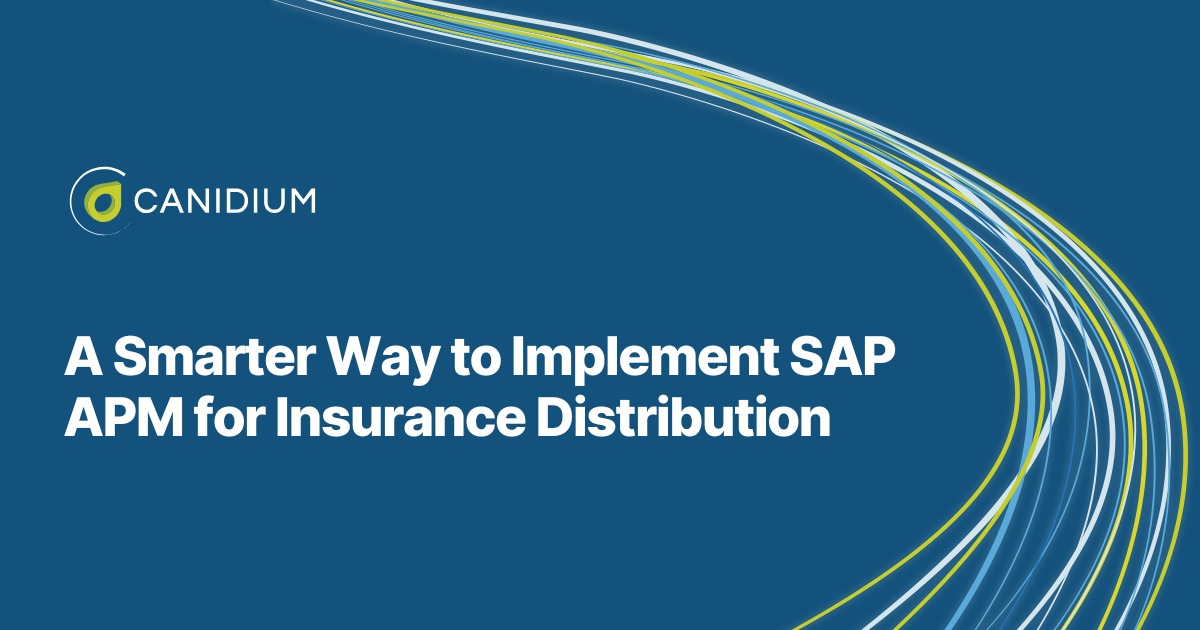Implementation requires a significant investment of resources. It is not an improvement that can happen by accident. It requires dedication and time.
After your software solution goes live, the commitment to the process doesn't end. These solutions are most successful when the organization signs on for managed services.
Managed services refer to outsourcing IT or business functions to a third-party provider. This reduces overhead and allows organizations to focus on core objectives.
Implementing new software can increase efficiency and productivity, but it's crucial to continue with managed services to ensure seamless functionality. This article will detail five instances where managed services are necessary post-implementation.
5 Reasons You Will Need Managed Services
Maintaining your software solutions' optimal performance and security is paramount to achieving sustained success. As technology advances and business operations become increasingly complex, the demands on your IT infrastructure grow exponentially. Relying solely on internal resources to manage these demands can be challenging and often impractical. Internal teams may be stretched thin, lacking the specialized skills and bandwidth needed to address the multifaceted requirements of modern software systems. Moreover, as your business scales and evolves, these challenges only intensify.
Managed services fill this critical gap, providing a comprehensive and proactive approach to software management. These services offer access to a team of dedicated experts who maintain, optimize, and secure software solutions. This means your internal team can focus on strategic initiatives and core business activities rather than being bogged down by routine maintenance and troubleshooting tasks.
Here’s why managed services are indispensable for your business:
Ongoing Support and Maintenance
Once a software solution is up and running, it requires continuous support and maintenance. Software updates, patches, and bug fixes are essential to keep the system secure and functional. Managed services provide a team of experts who can monitor the software, apply updates, and swiftly address any issues that may arise. This proactive approach minimizes downtime, ensures data integrity, and allows your team to focus on core business activities rather than troubleshooting.
Performance Optimization
Performance optimization is crucial for software. Managed services analyze usage, identify bottlenecks, and fine-tune configurations for optimal performance. This is especially important for resource-intensive applications like databases and ERP systems, as minor improvements can lead to cost savings and productivity gains.
Security Management
Cybersecurity threats are a constant concern for businesses in the digital age. Managed services offer a dedicated team to monitor software security with regular audits and implementation of security measures such as firewalls, intrusion detection systems, and access controls. This proactive approach safeguards sensitive data and maintains customer trust.
Scalability and Growth
As your business evolves, so do your software needs. Managed services can help ensure your software can scale to meet growing demands. Whether adding new users, integrating with other systems, or expanding to new markets, a managed services provider can help plan and execute these changes without disrupting your operations. This flexibility allows your business to stay agile and responsive to market dynamics.
User Training and Support
Even the most user-friendly software can be challenging for employees to adapt to. Managed services can offer user training and ongoing support to ensure your staff can use the software effectively. This reduces the learning curve, increases productivity, and helps your organization realize the full potential of the software investment.
Does Your Company Need Managed Services?
Businesses must maintain software even after implementation to ensure its value as an asset. With managed services, companies can access post-implementation solutions such as maintenance, security, scalability, and user training. This ensures the protection of their software investment and provides them with a competitive edge.
Want to learn more about managed and strategic services? Read this article about the role of an SI partner as a strategic partner.
The Sherpa of Business Growth: The Value of a Strategic Partner








